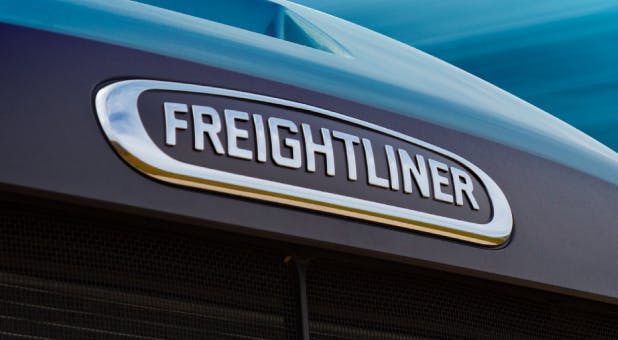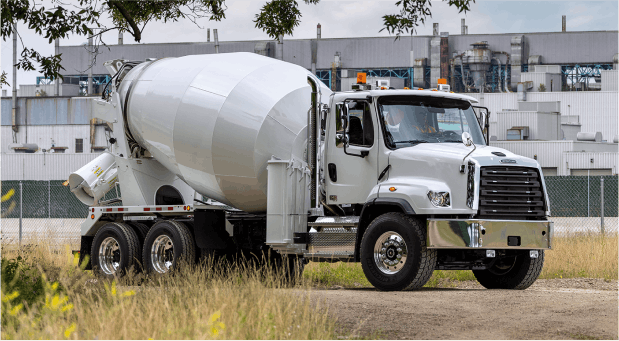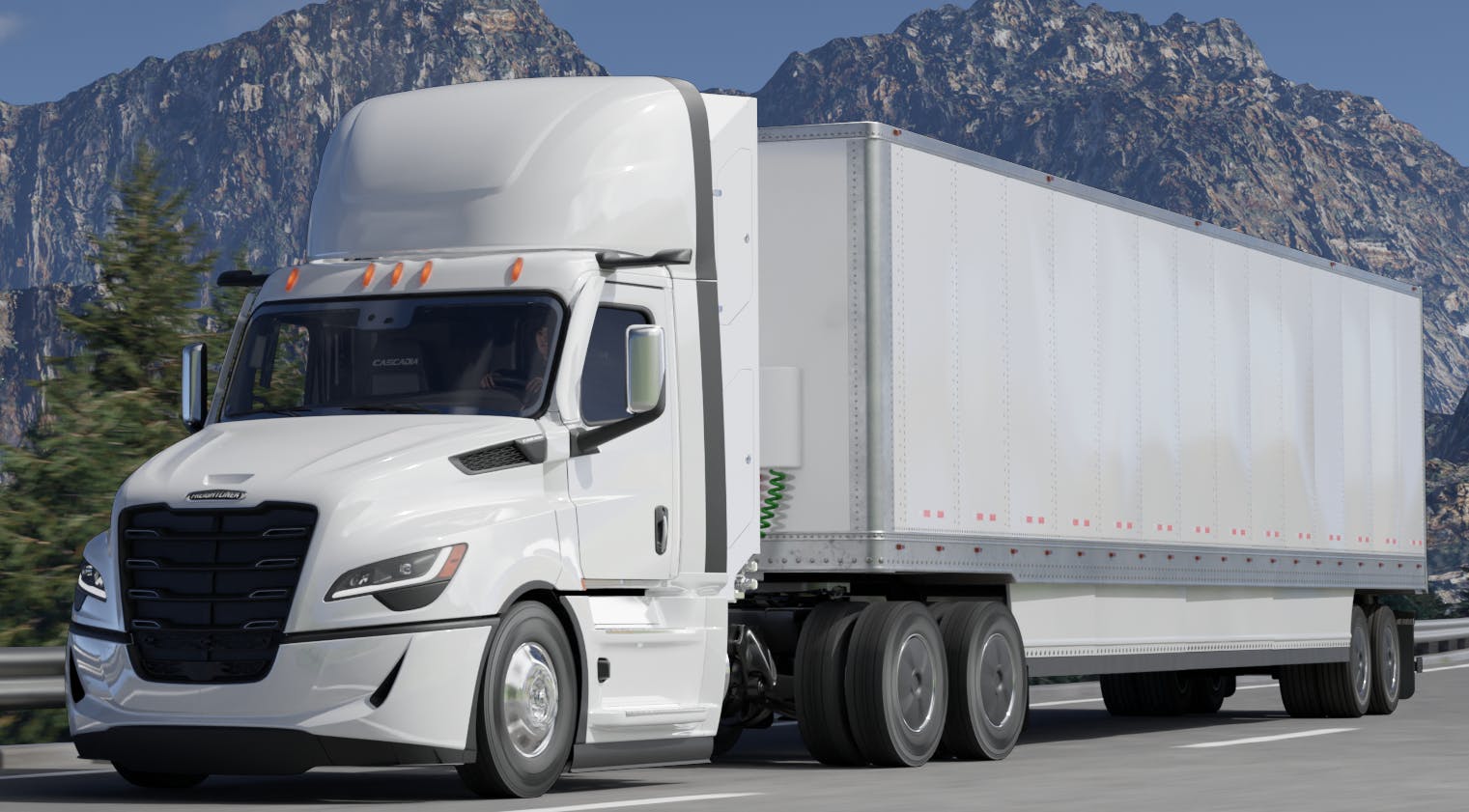Do You Make Money When Your Truck is in the Shop?
Freightliner Trucks Real Cost of Ownership
Silly question right? There is one fact no one disputes: a truck that is off the road, even for routine maintenance, is not making money for its owner. Uptime is essential for semi-trucks on the highway and work trucks on the job site.
Estimates vary for the cost of an unscheduled day of downtime. Most observers put the cost at between $300 and $1,000 per day. Downtime can actually add up to equal all annual scheduled maintenance and repair costs on a truck, excluding tires. And unscheduled downtime can also harm a company’s reputation based on perceived reliability issues – further cutting into profits.
But what can you do to maximize uptime?
Quality, Durability and Service
Truckers can count on Freightliner to be an ally in boosting uptime because of our quality trucks that are recognized for durability, a best-in-class service network and connected vehicle solutions that detect problems before they turn into major repair bills.
Freightliner Trucks’ robust support footprint features hundreds of service locations with Detroit® factory-certified technicians throughout North America. That includes more than 400 dealership/parts and service locations, with more than 180 of them being Elite Support-certified dealerships. Additionally, with almost 200 ServicePoint facilities and a 24/7 toll-free hotline, customers are never far from help to get back on the road. On top of that, Detroit Connect® telematics solutions help you capture, transmit and analyze data directly from your truck, so you can make maintenance decisions without taking the truck off the road.
Connect to Profits
The Detroit Connect Virtual Technician® on-board diagnostic system, standard on all Freightliner Trucks equipped with Detroit engines, offers actionable engine and aftertreatment fault code diagnosis in real time. This solution records and transmits, using a cellular communication connection, critical vehicle performance data immediately before, during and after a fault occurs, giving Detroit engineers the most relevant information to interpret those fault codes. In the case of Service Now events, Freightliner owners receive communication from factory-trained technicians about what is causing the problem with their Detroit engine, what parts are recommended to fix the problem, and where to find nearby service locations with those parts. In the case of a Service Soon fault event, the maintenance can be scheduled during planned downtime and not interrupt delivery of important cargo. This level of connectivity plays an important role in minimizing time in the repair shop by reducing the diagnostic time, since the Detroit customer support center has already investigated the situation.
Making the Routine a Little Less Routine
No fleet manager would ever skip oil changes as a long-term strategy to save maintenance costs. But what if your trucks could run longer between routine oil services?
Reliable Detroit engines have 50,000-mile intervals between oil changes for long-haul applications. At $250 to $300 per oil change, the savings can add up quickly. The increased intervals mean two fewer oil changes per year based on the average miles driven for most on-highway trucks, allowing for additional revenue combined with $500 to $600 savings in oil changes per truck per year.
Real Cost of OwnershipSM (RCO) is a way of looking at the truck as a critical part of a business and not just a cost center. In the past, while referencing Total Cost of Ownership (TCO), the focus has been on fuel mileage, scheduled maintenance costs and resale value. These costs are important to any customer’s bottom line, but RCO brings a broader, real-life perspective to the discussion. Freightliner’s focus on improving uptime is just one of the reasons the company has the best-selling on-highway and vocational trucks in North America.









